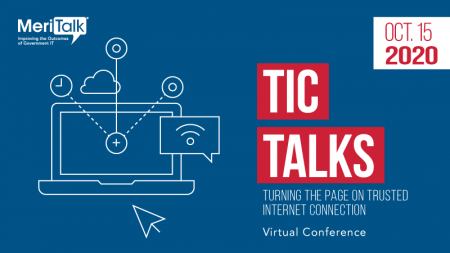
Members of the congressionally-mandated National Security Commission on Artificial Intelligence (NSCAI) told a House panel on Sept. 17 that “bolder action” is necessary to bring sufficient digital talent into the government, and recommended the creation of a United States Digital Services Academy to meet that need.
“We need to take bolder action,” said NSCAI Commissioner Mignon Clyburn, testifying before the House Armed Services Committee’s Subcommittee on Intelligence and Emerging Threats and Capabilities. “Existing programs will not bring enough digital talent into the public service workforce to meet serious shortages,” she said.
There are over half a million cybersecurity job openings across the United States, for example, including more than 30,000 cybersecurity positions left unfilled in the public sector. And while fellow NSCAI Commissioner José-Marie Griffiths, the president of Dakota State University, told the subcommittee that “decoupling cyber from AI is very important” for instructional reasons, the need for increasing digital talent remains.

“We must fundamentally reimagine the way the U.S. government recruits and builds its digital workforce,” Clyburn said. “We propose building a United States Digital Services Academy.”
Modeled after existing academies, Clyburn said the proposed organization would be an independent entity within the government and “advised by an interagency board, which would be assisted by a Federal advisory committee composed of commercial and academic leaders in emerging technology.” The commission’s specific legislative proposal for the academy was included in the group’s second quarter recommendations submitted to Congress in July.
“The current scholarship and service programs are limited in scale and will not create a common set of ideas, shared experiences, professional culture, or a common mission to improve the government’s digital talent,” said Clyburn, a former Federal Communications Commission commissioner. “This academy will produce technically educated graduates who would have a service obligation as civil servants in the Federal government.”
NSCAI Chairman Eric Schmidt, a former Google CEO, called the academy proposal “perhaps our strongest recommendation,” adding that there is “infinite appetite for this idea if we can find the money.”
Of all the Commission’s recommendations, Schmidt said “the profound change that’s needed is the workforce one.”
Schmidt called the academy recommendation a “very modest proposal” in July, and reiterated that at the House hearing this week. “I don’t think it’s that difficult for the government to do,” he said.
Rep. Chrissy Houlahan, D-Pa., called the idea for the academy a “really intriguing concept,” adding “I think it’s something we should probably take a very hard look at.”
